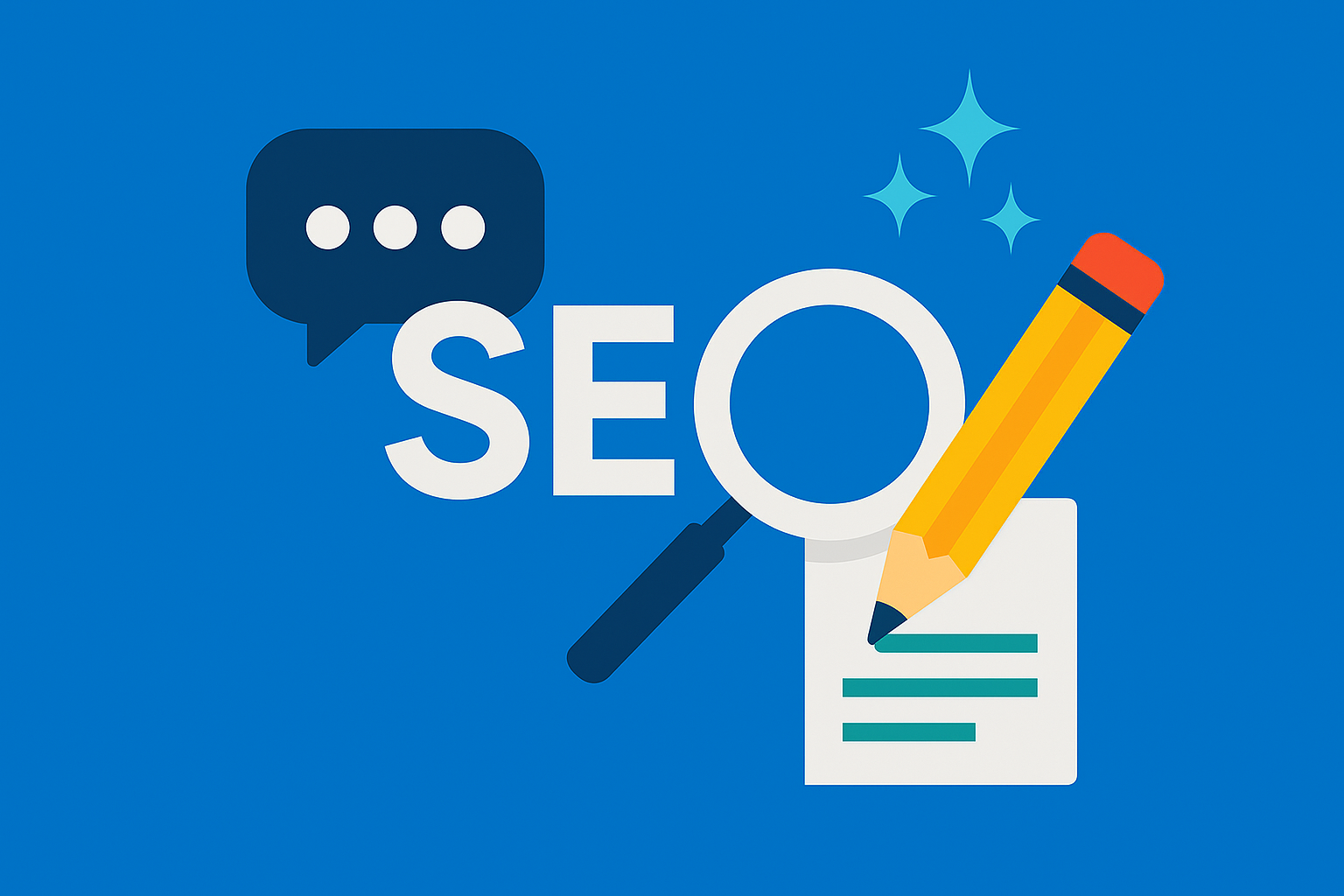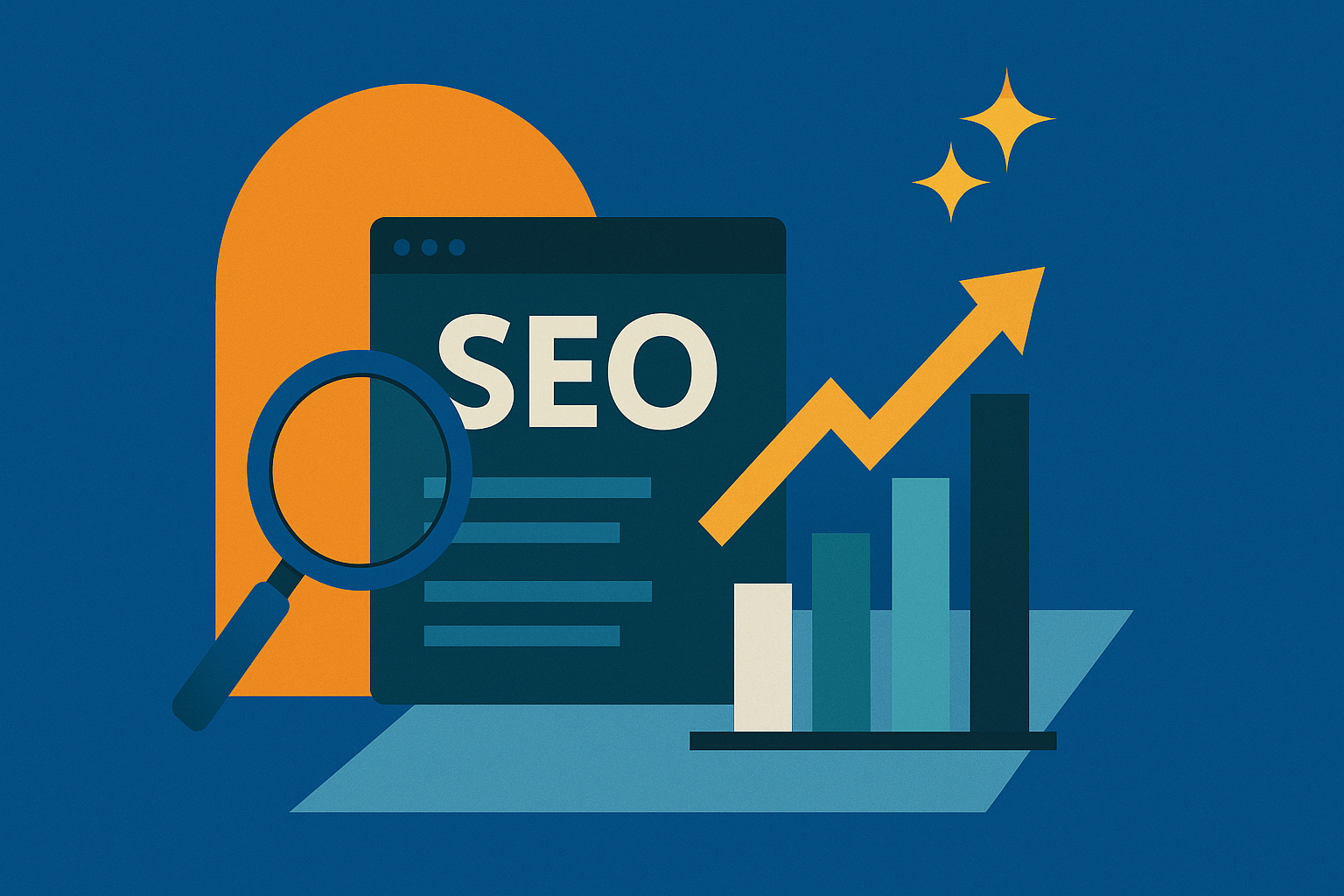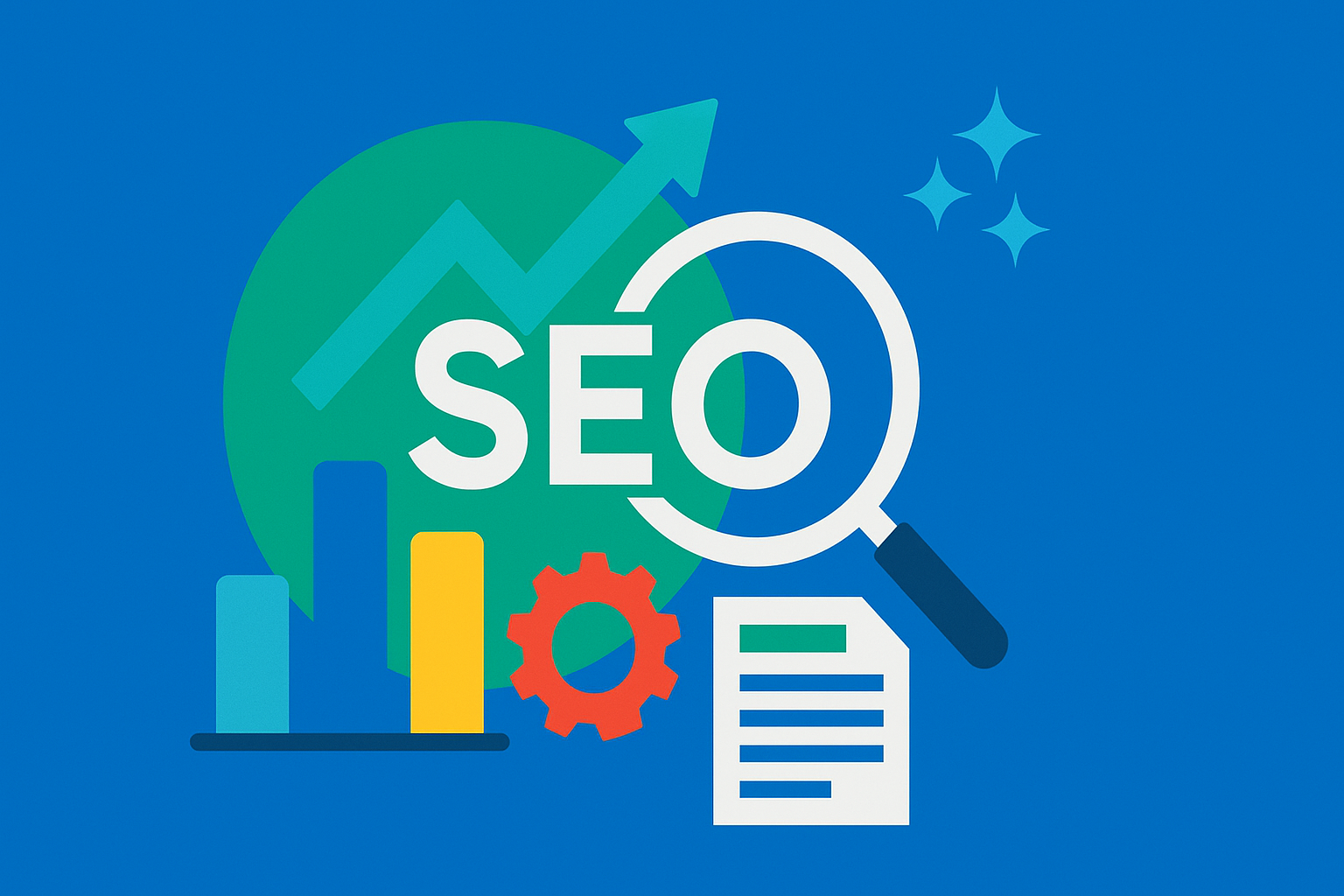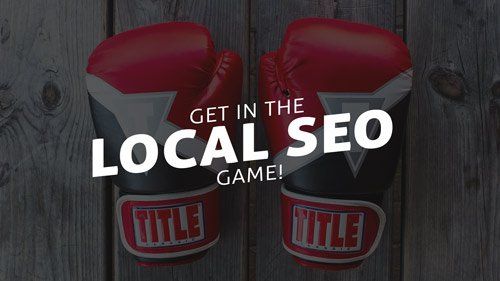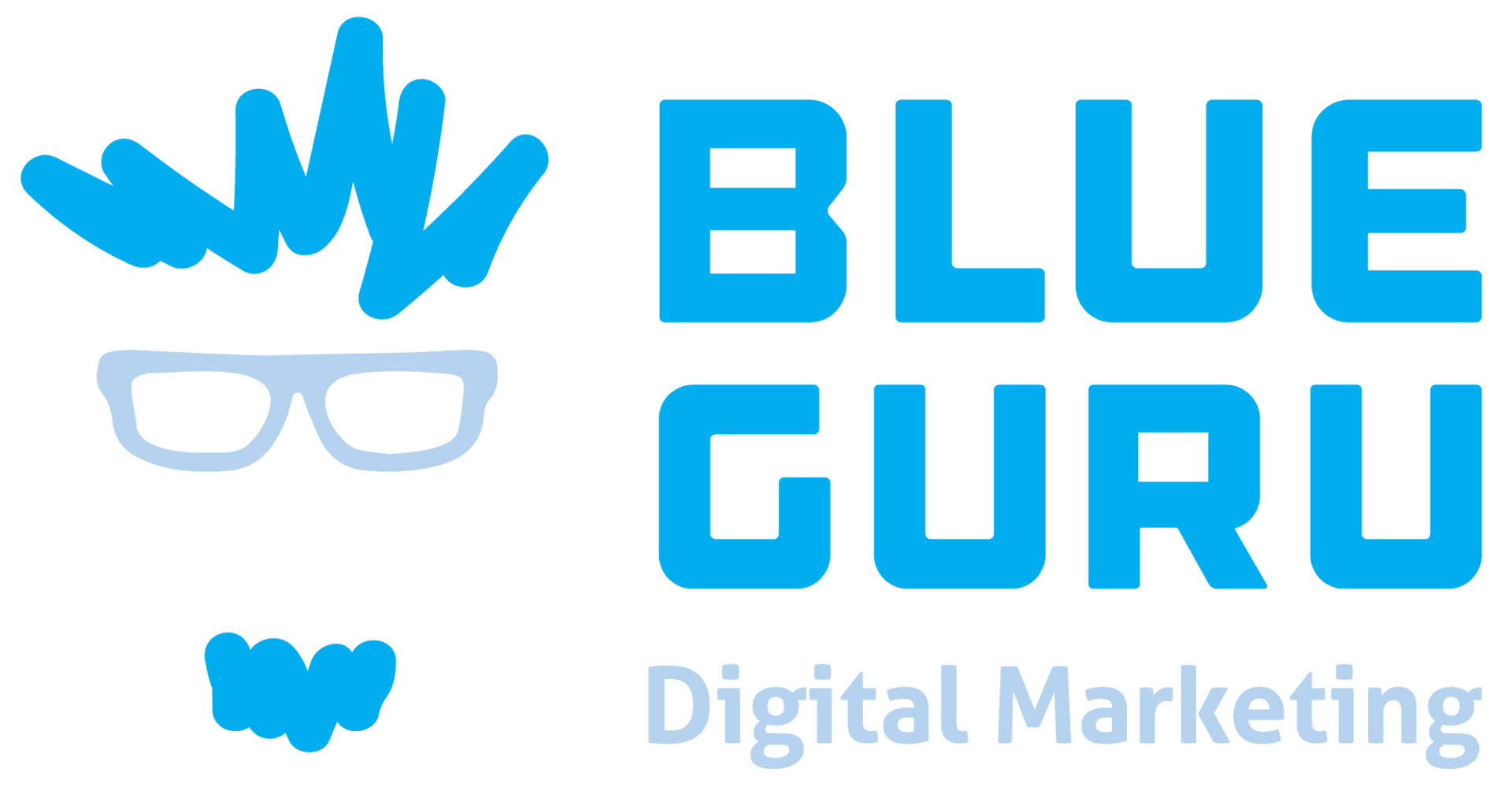I watch SEO agencies celebrate traffic spikes while their clients quietly plan their exit. The numbers look incredible on the monthly reports. Website visits are up 300%. Organic traffic is soaring. The charts point upward and to the right.
But the phone isn't ringing.
Small businesses can't pay rent with website visitors. They need customers walking through their doors, calling their phones, filling out contact forms. Yet most SEO agencies are optimizing for the wrong thing entirely.
The Vanity Metric Trap
Here's what's happening behind those impressive traffic reports. Agencies target broad industry keywords because they generate massive search volumes. "How to choose a plumber" gets thousands of searches per month. "Plumbing tips" drives serious traffic.
So they create blog content around these topics. They write comprehensive guides. They build resource libraries. The traffic comes. The reports look fantastic. Everyone's happy.
Until reality hits.
Someone searching "how to choose a plumber" isn't ready to hire anyone. They're in research mode. They might not even need a plumber for months. Someone searching "emergency plumber Springfield" has a pipe burst and needs help now.
The difference is commercial intent. One search drives business. The other drives traffic.
When Clients Wake Up
The conversation always follows the same pattern. Clients come to me frustrated and confused. Their previous agency showed them incredible growth metrics. Traffic was up. Rankings were improving. The SEO dashboard looked like a success story.
But their business wasn't growing.
They felt like they were wasting money on something that wasn't working. The disconnect between impressive reports and empty phone lines became impossible to ignore.
Small businesses can't sustain getting traffic without leads. They need every marketing dollar to count.
The Commercial Intent Sweet Spot
Real SEO strategy requires finding the sweet spot between traffic volume and commercial intent. I look for keywords where people are actively searching for services in specific locations. Not broad industry terms. Not educational content. Actual service searches with buying intent.
The keyword research process focuses on two critical factors: intent and difficulty. Will someone who lands on your site want to convert? Can you realistically rank for this term given your competition?
This approach often means targeting lower-volume keywords that look less impressive on paper. But these searches convert because they capture people ready to buy.
When I show clients the difference between ranking for "how to choose a plumber" versus "emergency plumber near me," they immediately understand why one converts and the other doesn't.
The Local Competition Reality
The breakthrough moment comes when clients realize they don't need to compete nationally. Most agencies present SEO as if every business needs to outrank Wikipedia and industry giants. They show clients who's ranking for broad terms and explain what it would take to compete.
The reality check is eye-opening.
A local plumber doesn't need to beat Home Depot for "plumbing services." They need to beat the guy down the street for "plumber in Springfield."
This changes everything. Local searches represent 46% of all Google searches, and 78% result in offline conversions. Local competition is manageable. National competition is often impossible for small businesses.
Speaking Business Owner Language
The real problem isn't strategy. It's communication. When other agencies talk about domain authority, backlink profiles, and content marketing funnels, they're speaking a foreign language to business owners. When I talk about beating local competitors for service-specific searches, I'm speaking business growth language.
It sounds nice to use complex terminology. But speaking conversationally to business owners creates connection and drives real change.
Jargon creates barriers because clients may not understand marketing terminology and may not feel confident admitting their confusion. The best approach is showing rather than telling. When clients see exactly who's ranking for their target keywords and what it would take to compete, they understand immediately.
Usually, that's enough to shift their entire perspective on what SEO success looks like.
The Industry's Technical Obsession
Why does the digital marketing industry stay obsessed with complex terminology when simple communication works better? Technical jargon creates an illusion of expertise. It makes agencies sound sophisticated and knowledgeable. It impresses clients who equate complexity with competence.
But this approach often masks a fundamental problem. Agencies can hide behind technical explanations when results don't materialize. They can shift focus to process metrics instead of business outcomes. Bad account managers use jargon to deflect tough client questions. They confuse clients into stopping their inquiries rather than providing clear answers.
This creates a cycle where impressive-sounding work replaces actual results.
What Really Drives Results
Effective SEO focuses on high-intent keywords that attract users actively seeking specific services in specific locations. The strategy balances search volume with conversion potential. Sometimes organic traffic goes down while revenue goes up because you're attracting fewer but more qualified visitors.
This approach requires honest conversations about realistic ranking potential. It means saying no to vanity keywords that look impressive but don't drive business. It means prioritizing commercial searches over educational content, even when the traffic numbers look smaller. Most importantly, it requires speaking in terms of business growth rather than technical metrics.
The Connection That Matters
Real digital marketing success comes from understanding what business owners actually need. They need customers, not website visitors. They need phone calls, not page views. They need revenue growth, not ranking reports.
When you speak their language and focus on their actual goals, everything changes. The metrics that matter become clear. The strategy becomes focused. The results become measurable in terms that actually impact their business.
Technical expertise matters, but only when it serves business objectives.
The agencies that survive and thrive will be those that remember this fundamental truth: impressive jargon doesn't pay anyone's bills, but effective results do.
Ready to work with an agency that speaks your language and delivers real leads? Let's have a conversation about what commercial-intent SEO can do for your business. No jargon, no vanity metrics - just a clear plan to get your phone ringing.
